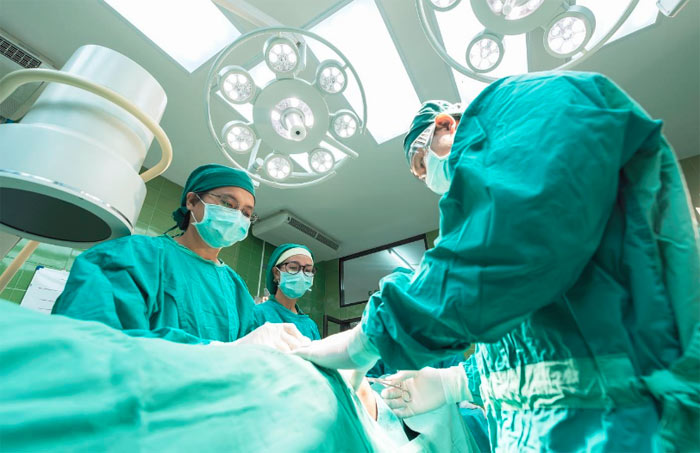Hernia is a condition which can only become worse over time, and this is one of the main reasons why hernia surgery is highly recommended. In many cases, hernias simply become bigger, and in some serious cases, they can lead to conditions which are life-threatening as well. But there are other reasons why hernia surgery is a better alternative. So when do you really need hernia surgery? Here, your top questions are answered.

When do you need hernia surgery?
You would probably need hernia surgery if any of these situations occur:
- Certain tissue such as intestinal tissue become caught or trapped in the wall of your abdomen. This condition is referred to as ‘incarceration.’ If the condition is not treated, it can lead to a more serious condition called ‘strangulation.’ This is when the supply of blood to the particular tissue becomes cut off.
- Another situation which may require immediate surgical treatment is the strangulation of the hernia, as mentioned above. Hernia strangulation may cause irreversible damage or can even be fatal. The symptoms of strangulation include nausea, a running fever, sudden and intense pain, or a hernia which suddenly becomes a purple, dark, or red colour. If you experience any of these symptoms, you should call your specialist right away.
- If the hernia constantly causes discomfort or pain and has already affected your quality of life, then surgery may be recommended.
- If the hernia grows larger as time passes, surgery may be required.
When you don’t need surgery (yet):
Surgery may not yet be recommended if your hernia can be pushed back into the abdomen or if it is not noticeable when you are lying down. Surgery may not also be immediately required if the hernia is small and does not come with any symptoms, or just a few. The best thing to do is speak with your specialist, who can monitor and assess the hernia.
If you go through hernia surgery:
If you decide to go through hernia surgery or if you are recommended for surgery, there are two main types of surgery you can have. The first is an open surgery, and the second is laparoscopic surgery.
With open surgery, the surgeon will make an incision on your abdomen and physically push the hernia into place, remove it, or tie it. The weak spot or area where the hernia forced through will then be closed with stitches.
Keyhole or laparoscopic surgery is where the surgeon makes some small cuts and then inserts a laparoscope (a thin tube) into one of the cuts. He can then repair the spot using the camera on the laparoscope.
Laparoscopic surgery usually offers a faster recovery period as confirmed by hernia surgery London experts, but the surgery you go through will depend on the size, location, and type of hernia you have, as well as your age, lifestyle, and overall health.










